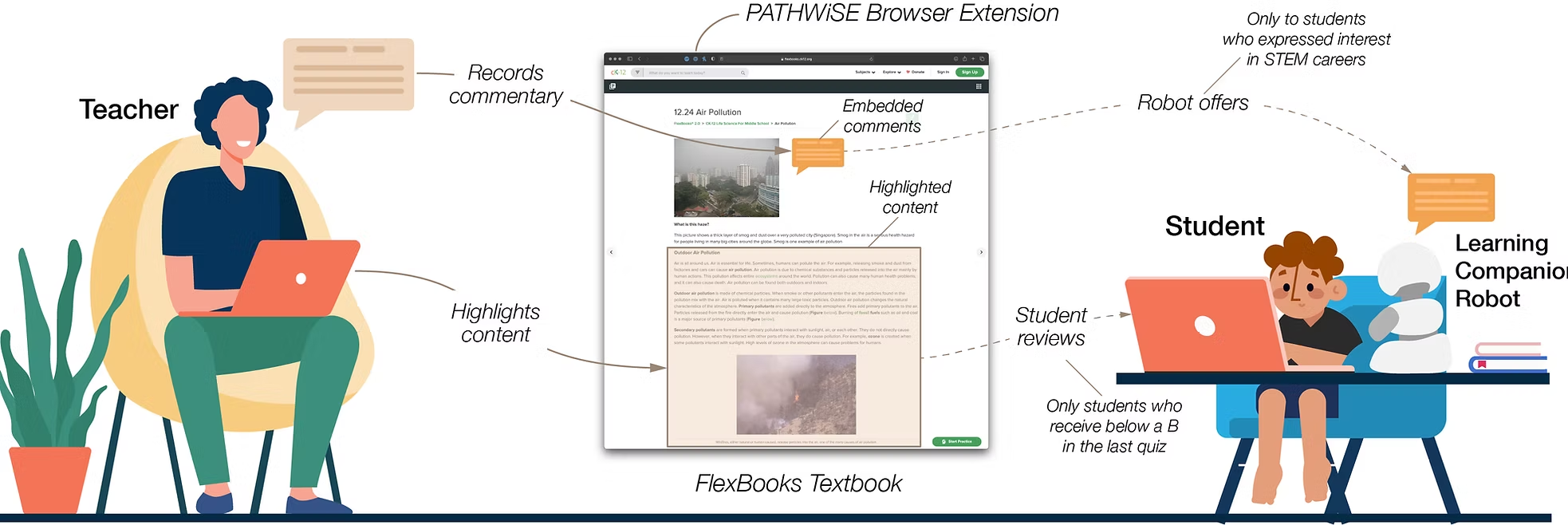Past Projects
Minimizing Power Waste in Heterogeneous Computing via Adaptive Uncore Scaling (2025)
SC25 – 136 papers accepted (21.2% acceptance rate)
Advisors: Prof. Michael Papka, Prof. Zhiling Lan
- Created a dynamic uncore frequency scaling algorithm that reduces energy consumption by up to 27% during CPU/GPU workloads compared to default settings, with minimal performance impact (<5% loss) and negligible overhead (<1%). Validated across Intel CPU/GPU and Intel CPU/NVIDIA GPU configurations, the approach generalizes to heterogeneous hardware platforms.
Our approach, MAGUS, is superior in performance, power and energy utilization when compared to the current SOTA - UPS as seen below.
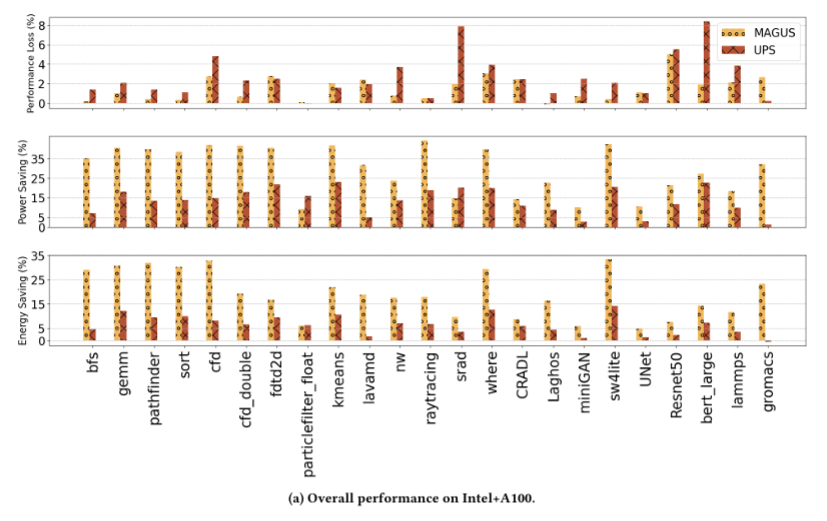
Encrypted Large Model Inference: The Equivariant Encryption Paradigm (2025)
Advisors: Prof. James P. Buban
- Developed an equivariant encryption scheme that enables cryptographically secure inference with zero overhead during the online inference phase, protecting against network eavesdropping and external malicious actors.
Spectral Anomaly Detection in EELS SI via 3D Convolutional Variational Autoencoders (2025)
High Distinction at UIC Honors College Fall 2024 Research Symposium
Advisors: Prof. Robert F. Klie, Prof. James P. Buban
- Developed a novel 3D Convolutional Variational Autoencoder for unsupervised anomaly detection in high-dimensional spectral imaging data, implementing a custom cross-entropy loss-based function for EELS data. Shortened the time required to perform analysis on large-scale samples from weeks to seconds.

LASSI: A Self-Correcting Pipeline for Code Generation (2024)
Advisors: Prof. Michael Papka, Prof. Zhiling Lan
- Enhanced LASSI, a self-correcting code generation pipeline, by refactoring the system to incorporate handling of power measurements and runtime data collection. Developed cross-platform compatibility between NVIDIA and Intel architectures while transforming the system from Jupyter notebook to a production-ready standalone application. Supported EVL community by providing technical expertise for Intel GPU Cluster implementations and experiments.

Knowledge Graph Generation for Scientific Literature (2024)
Advisors: Prof. Mark Grechanik
- Developed an automated knowledge graph system for scientific literature using Large Language Models, enabling researchers to efficiently discover and understand paper relationships beyond traditional citation-based or simple triplet-based approaches. Implemented LLM-driven graph generation to provide more contextual paper recommendations and relation explanations, improving upon existing tools like Connected Papers and Inciteful.xyz.
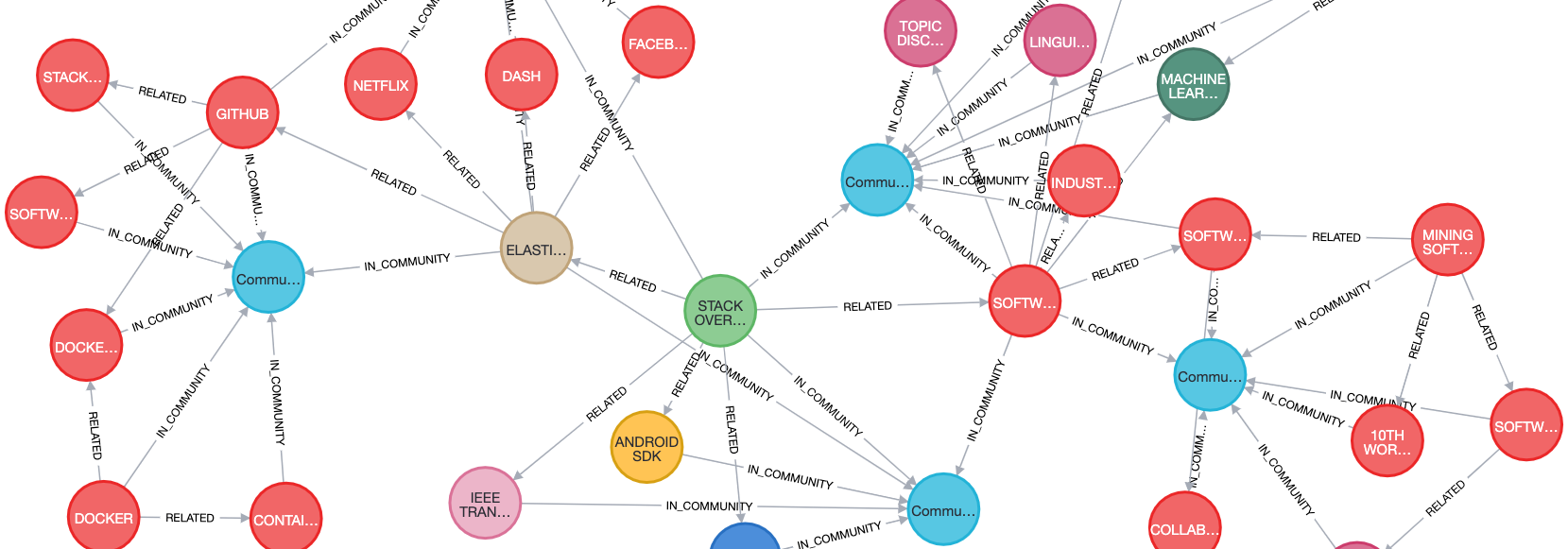
Automated P&ID Diagram Analysis (2024)
Company: Ashling Partners
- Developed an online learning Deep Learning pipeline to automatically analyze P&ID diagrams to extract dimensions, elements, and relationships between elements from scratch.
- Optimized the system to process diagrams in under 12 seconds using Azure On-Demand Compute, dynamically scaling the system with Kubernetes.
- Impact: 87% accuracy at sub-dollar cost per 1,000 diagrams, shortening weeks-long diagram vetting process to 12 seconds.
NSF REU: Nanoscale Robo-Spider Fabrication and Locomotion (2023)
Advisors: Prof. Igor Paprotny
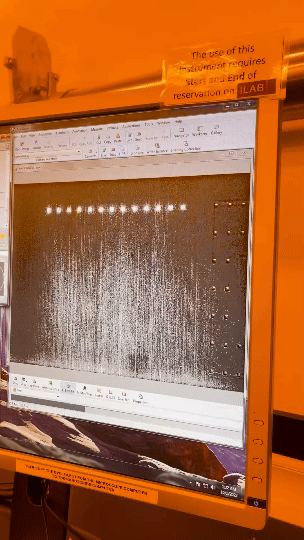
- Designed and fabricated nanoscale robotic spiders using two-photon polymerization (2PP) lithography, utilizing Solidworks for design and NanoScribe PPGT2 for fabrication. Investigated potential locomotion mechanisms using pneumatics and laser actuation, though achieving controlled movement remained challenging.
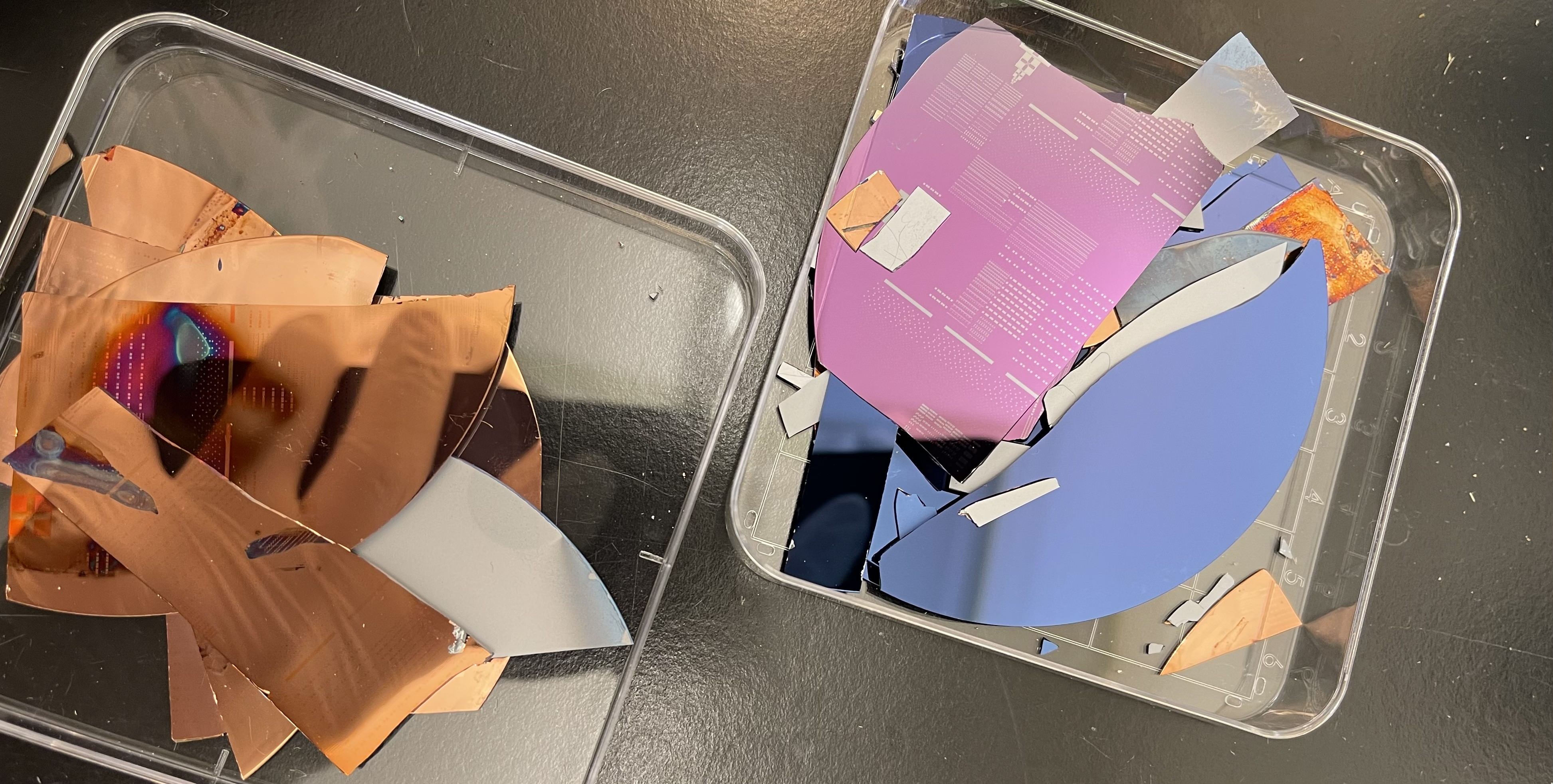
Early Research Scholars Program (ERSP): Automating Comment Generation for PATHWiSE using GPT (2023)
Abstract / Poster / Final Report / Project Website
Advisors: Prof. Joseph Michaelis
- Integrated GPT-3 into the PATHWiSE platform to automate comment generation for student assignments. Evaluated GPT-3’s effectiveness in creating customized homework experiences and implemented the OpenAI API into the existing platform. First research experience through the Early Research Scholars Program (ERSP).
